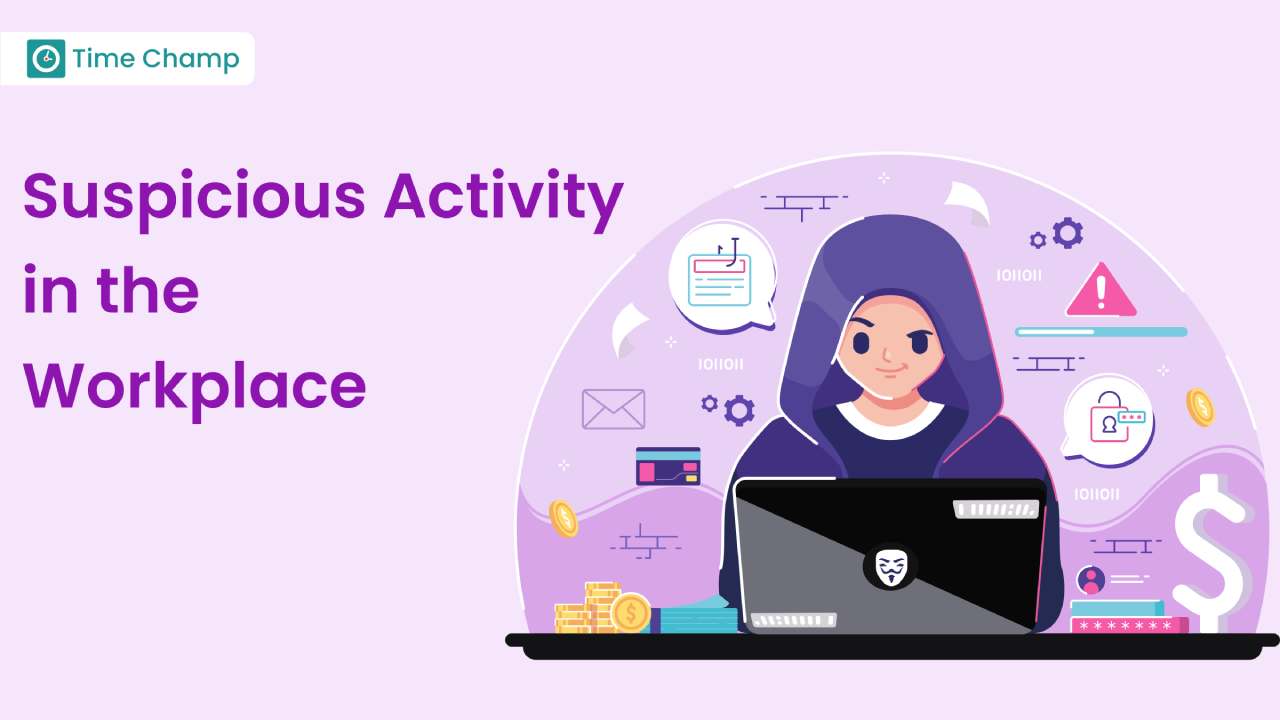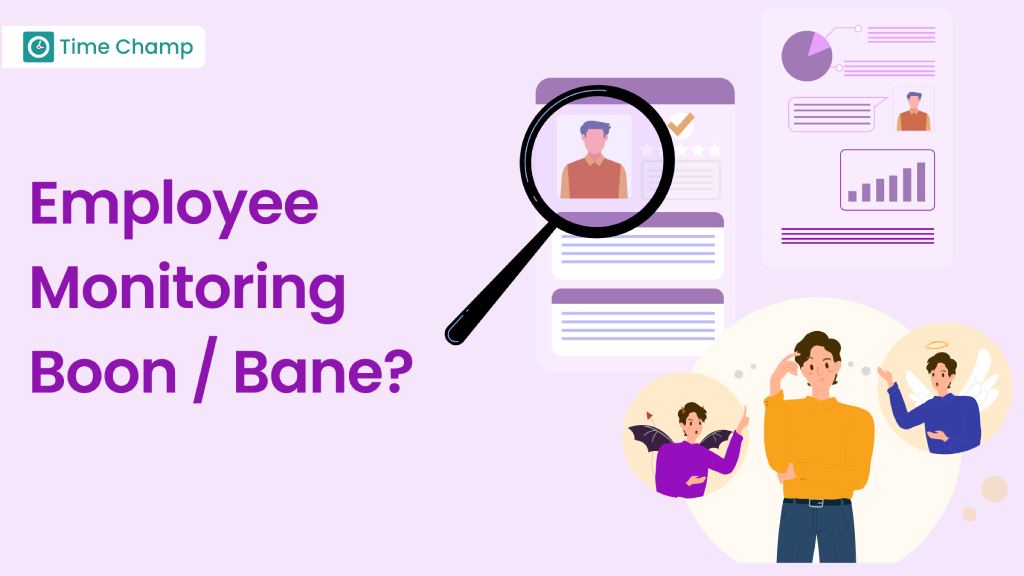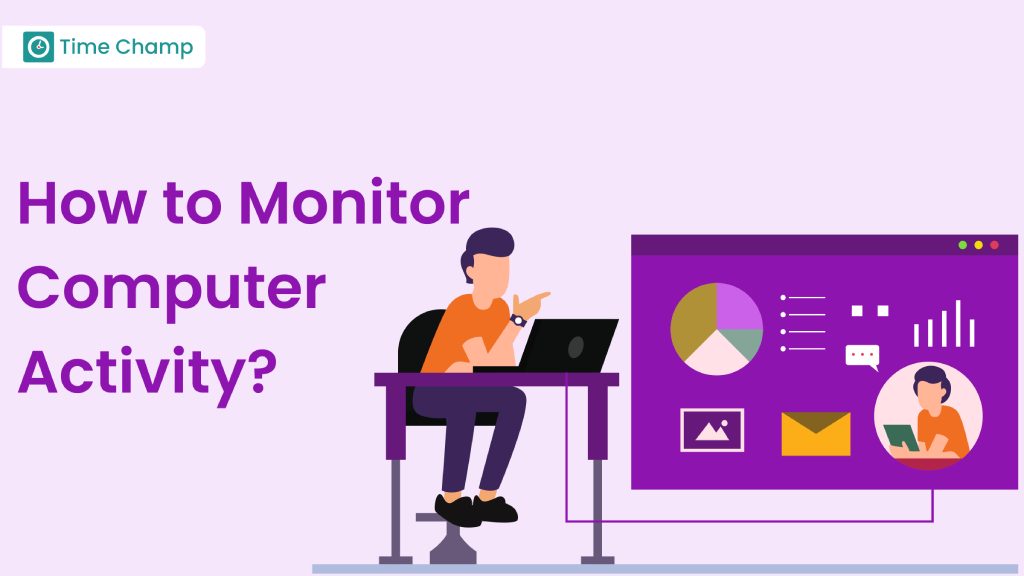Well, this question has been raised in your head whenever you hear about keyloggers. But do not worry!
In this blog, we’ll learn about what exactly keyloggers are, exploring their legal and illegal use cases.
What is a Keylogger?
A Keylogger, also known as a keystroke logger, is a surveillance technology that tracks and records every keystroke made on devices such as computers, mobiles, etc. The tracking can be done using different methods i.e. software keylogging & hardware keylogging.
Legal Use Cases of Keyloggers
1. Employee Monitoring
Key loggers are usually installed on company-owned devices to monitor the employees’ activities, the tasks given, and the applications used. They help in the implementation of organizational policies on the usage of the internet and on how information should be protected from unauthorized persons. Employers use keyloggers to safeguard ideas and other sensitive business strategies. Employees are made aware of monitoring procedures through clear policy and consent forms so as not to break the trust between the employer and the employee.
2. Parental Control
Keyloggers are installed by parents on children’s (under age 18) devices to monitor their activities on the internet, the websites they visit, and the messages they send and receive. This helps in shielding children from adult content, bullying, and dangerous activities. Keyloggers also track the usage of devices and the time spent on them, so that parents can step in, if necessary, without violating the child’s privacy by monitoring them.
3. Computer Security
Keyloggers are used as a security measure to monitor and manage access to secure systems and networks. They record keystrokes during login attempts and can detect unauthorized access caused by stolen credentials or malware. Keyloggers play a crucial role in security incidents by providing investigative data to assess the extent of a breach, its source, and evidence for legal compliance with privacy regulations.
4. Law Enforcement and Investigations
Law enforcement agencies use keyloggers with legal permissions to collect evidence for criminal investigations. They record every keystroke made by suspects who are involved in illegal activities. The whole activity will be done by taking all legal permissions from the higher authorities. This ensures that they use them ethically, respecting privacy under the law.
5. Data Recovery
Keyloggers are used to retrieve important information by recording keystrokes.
For instance: Before a computer crashes or data gets deleted accidentally.
Keystroke loggers are used carefully by taking users’ permission to protect their privacy and keep the information confidential while recovering data.
The legality of the use of keyloggers varies based on the jurisdiction, which differs from one region to another region. The above legal uses indicate how keystroke loggers can be used responsibly to increase security, safeguard individuals, and help with investigations by taking legal permissions.
Illegal Use Cases of Keyloggers
1. Unauthorized Surveillance
When keystroke loggers are installed on a person’s device without their consent – which is illegal. It monitors every keystroke that the person is typing (messages, passwords, and sensitive information). It is highly not recommended to attempt these activities. The invasion of privacy violates the person’s right to privacy. Companies or people who are caught doing this may face severe consequences.
2. Identify Theft
Keystroke loggers are used to steal login credentials, credit card numbers, or personal information as well. The information will be at the hacker who is going to use this information to impersonate the victim. It usually causes financial harm and damages the victim’s reputation. It is important to use strong passwords and take security measures to keep yourself safe.
3. Spying
When individuals and organizations use keystroke loggers without legal permission to collect the sensitive information of others, it is considered spying. The several activities that come under these are monitoring communication and stealing confidential data for unauthorized purposes.
4. Cybercrime
For attempting cybercrimes or scams, hackers use keyloggers a lot. Cybercriminals employ keyloggers to steal bank details, or sensitive login credentials, which they use to make money. Attempting to participate or participate in these activities is against the law and can result in serious punishments under cybercrime laws.
Learn more: Cyber laws
5. Stalking
Using keystroke loggers to monitor someone’s activities online (monitoring every movement of them) without their consent comes under stalking. This behaviour violates the individual’s privacy, causes emotional distress, and can lead to criminal charges as well.
6. Industrial Espionage
Keystroke loggers are used to steal business information, trade secrets, or competitive intelligence which is called industrial espionage. It breaks promises to keep information private and can lead to companies suing each other or facing criminal charges.
Understanding these illegal uses of keystroke loggers gives the importance of respecting the person’s privacy rights, following legal regulations, and incorporating ethical practices. Spreading awareness of cyber security and implementing required security measures are essential to reduce risks tied to keyloggers.
Conclusion
Keyloggers can be used for legitimate activities such as monitoring employees and supervising children (under age 18), but using them illegally – invading privacy, stealing identities, committing cyber crimes, spying, and causing harassment – can lead to serious issues. Addressing these risks helps people and companies make smart choices about how they use technology and follow the rules.





